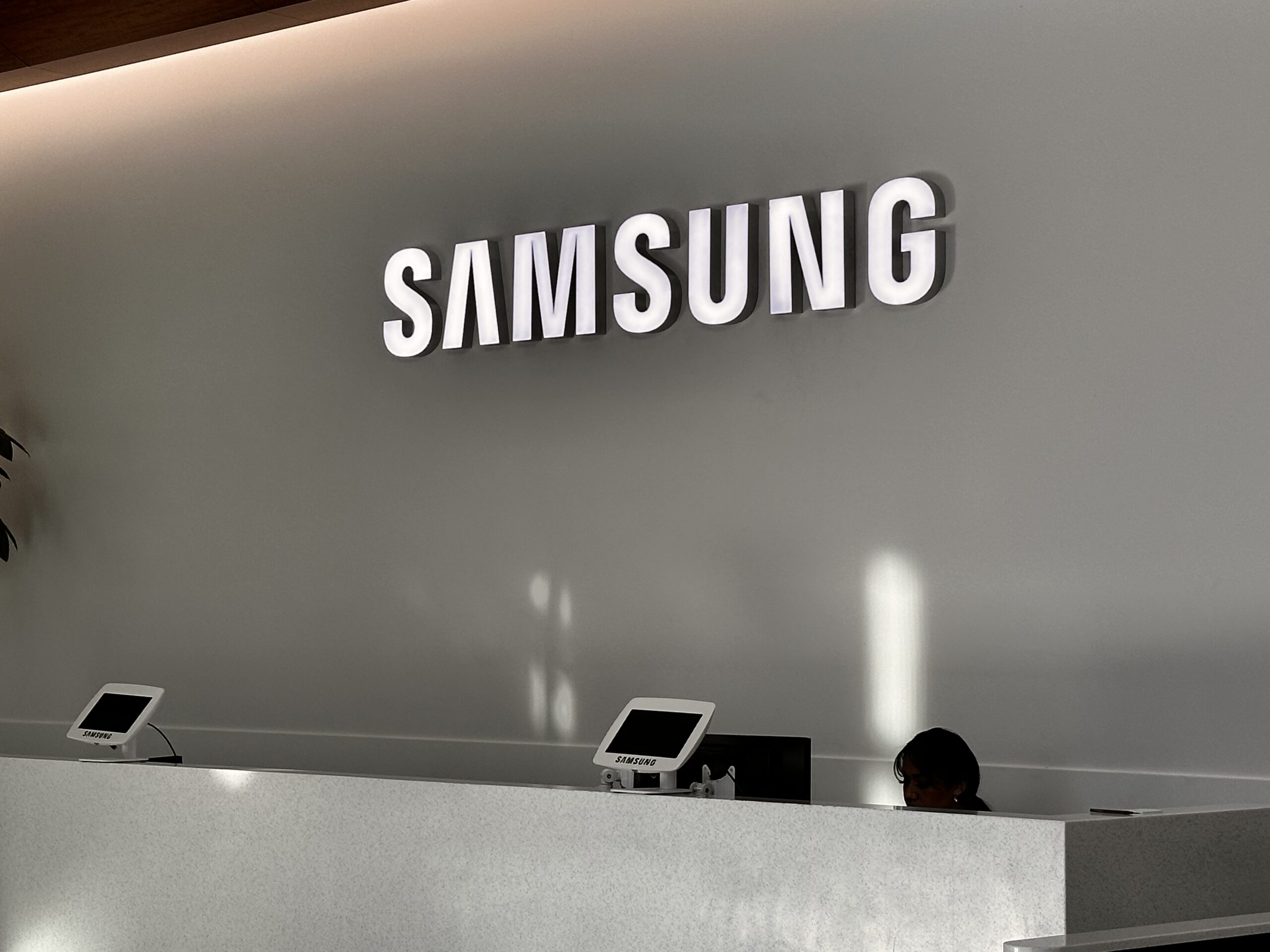Seoul, April 6 Tech giant Samsung Electronics may need to overhaul its global production strategy as new US reciprocal tariffs could significantly affect its smartphone business, industry sources said on Sunday. Last week, US President Donald Trump announced plans to impose a minimum 10 percent “baseline” tariff on all imports to the United States and country-specific “reciprocal” tariffs, including 25 percent duties for South Korea. The reciprocal tariffs, covering most product categories except some products like vehicles, semiconductors, and pharmaceuticals, are set to take effect on Wednesday (US time), reports Yonhap news agency.
Experts and industry analysts noted that Samsung Electronics needs to cope with the U.S. tariff policy by utilising its policy of diversifying production bases. Samsung Electronics, the world’s largest smartphone maker, produces half of its smartphones in Vietnam, facing a 46 percent reciprocal tariff on goods entering the U.S. Its smartphone production is spread across India, Brazil, Indonesia and South Korea. India faces a 26 percent tariff, South Korea 25 percent, and Brazil just 10 percent, making it a potentially attractive hub for serving the U.S. market.
Sources suggest Samsung Electronics may consider increasing production in India, Brazil, and South Korea, especially for premium models intended for American consumers. Brazil, in particular, stands out due to its low tariffs and geographic proximity to the U.S., they added. The company is expected to reassess its production policies before the summer launch of its next-generation foldable smartphones, but it is proceeding cautiously for now. “Nothing has been decided yet,” said an official from Samsung Electronics.
South Korea’s economy will likely face headwinds as local experts said that the U.S. administration’s plan to impose “reciprocal” tariffs is expected to deal a severe blow to the country’s shipments to the United States while seriously disrupting the global market, which may again adversely affect South Korean exports. They expressed serious concerns for South Korea’s export-dependent economy as the Donald Trump administration has been rolling out protectionist trade policies, including 25 percent tariffs on all steel and aluminium imports and equally high duties on foreign-made cars. —IANS





